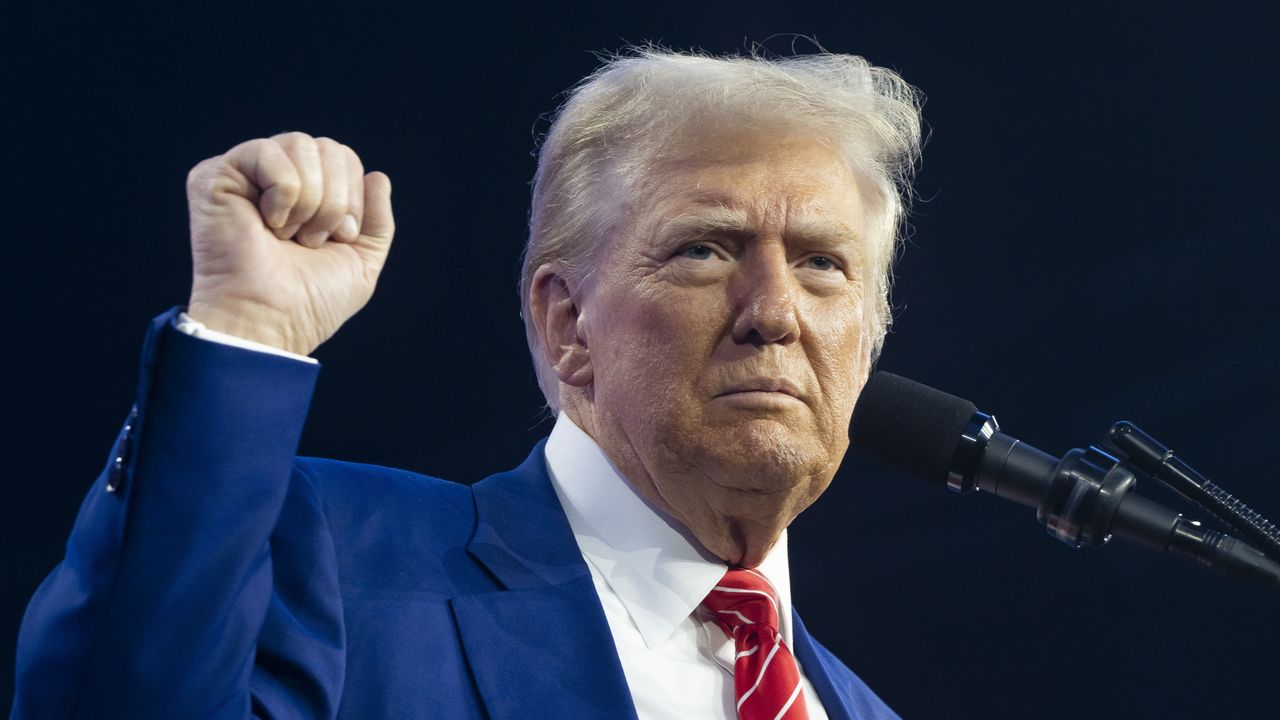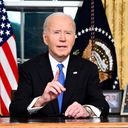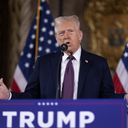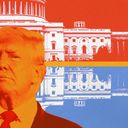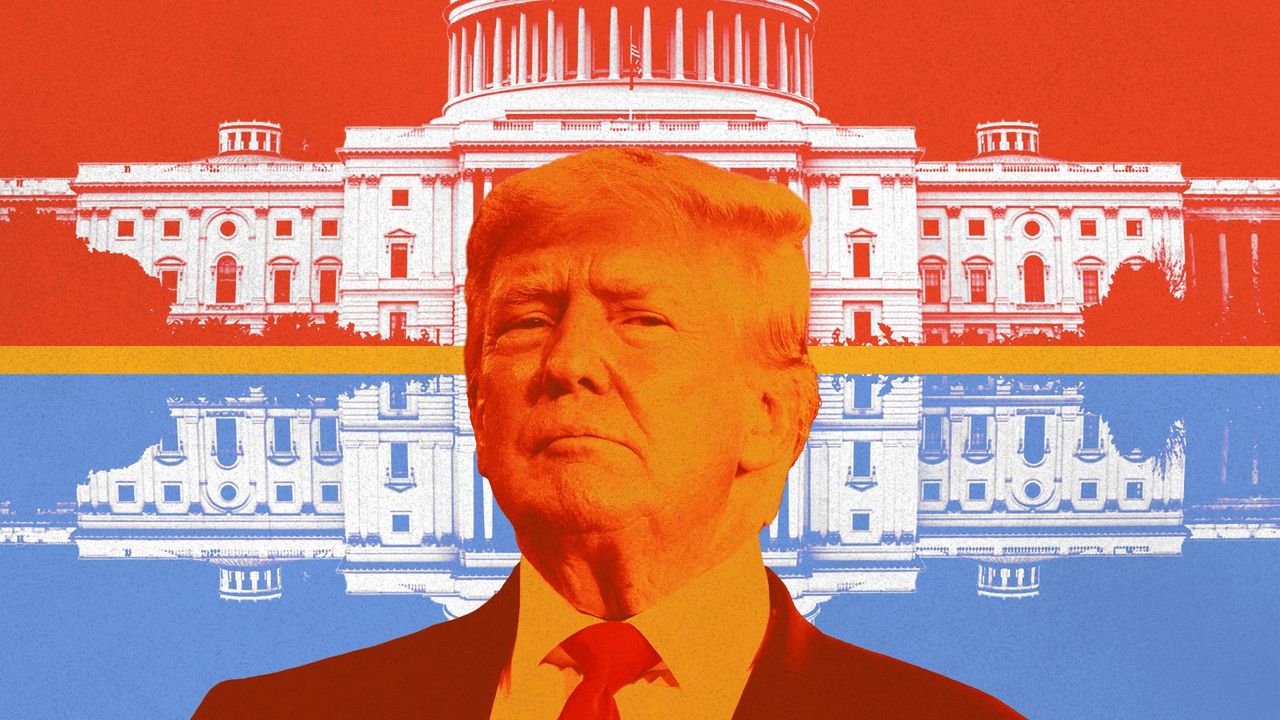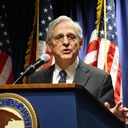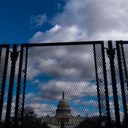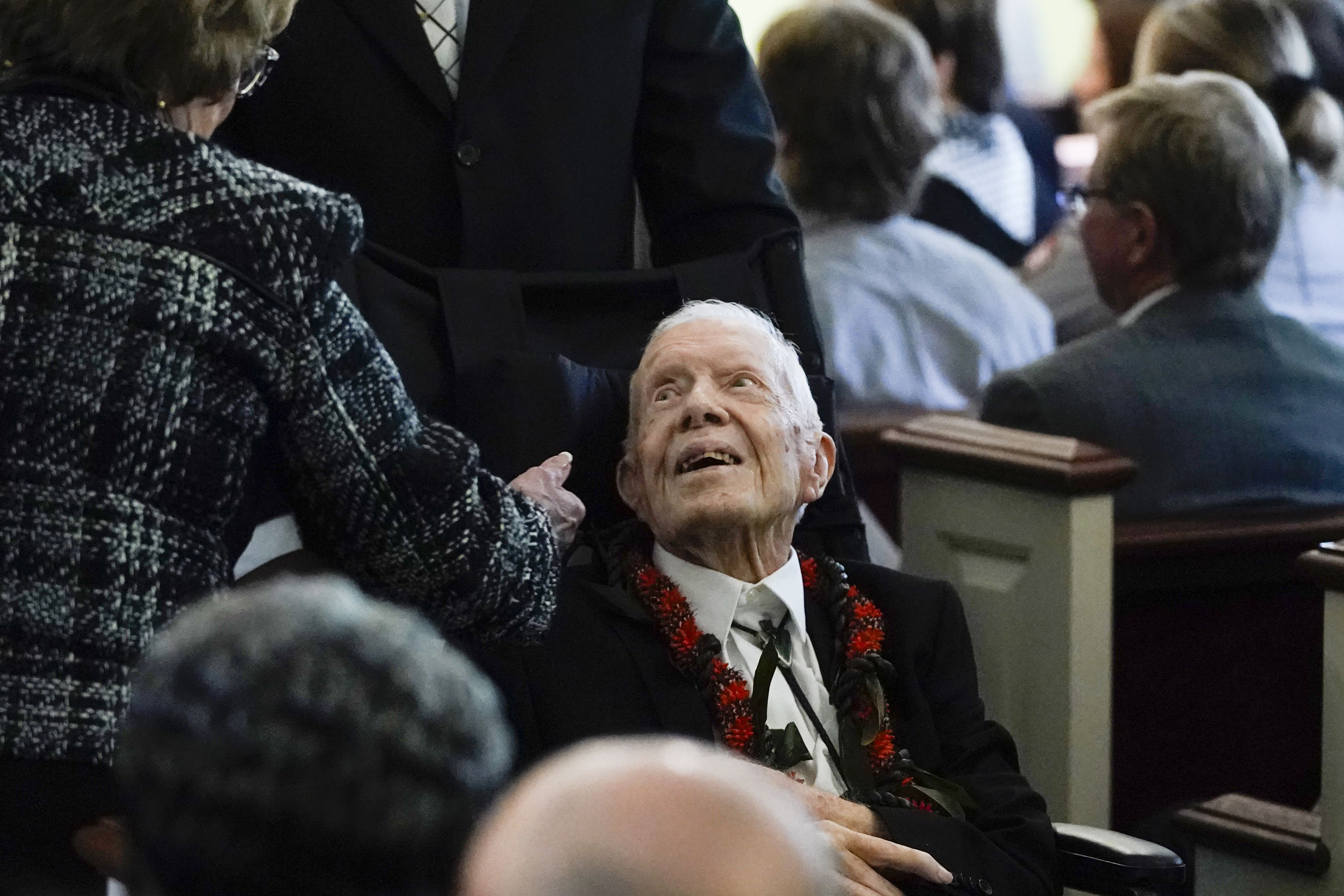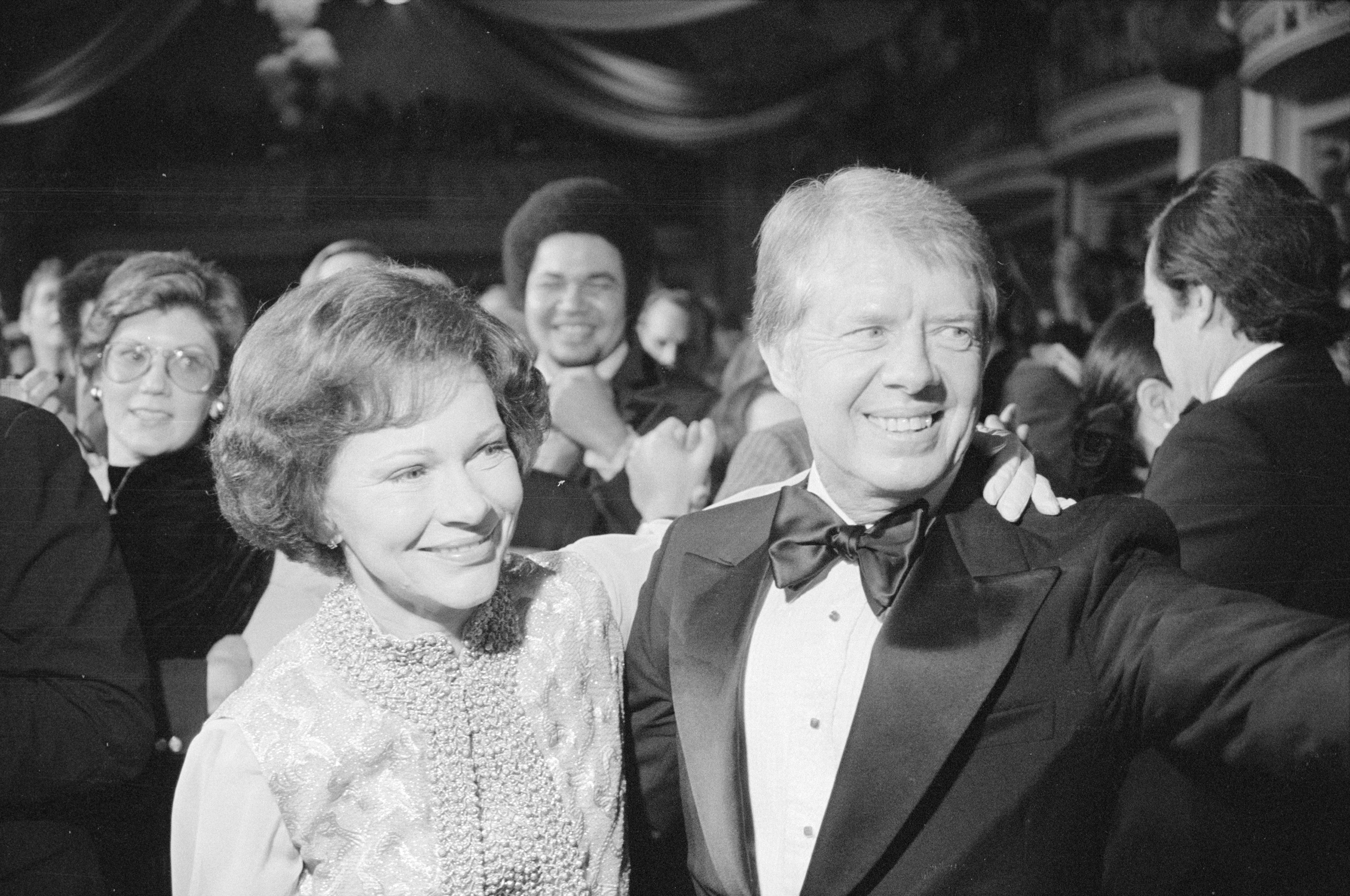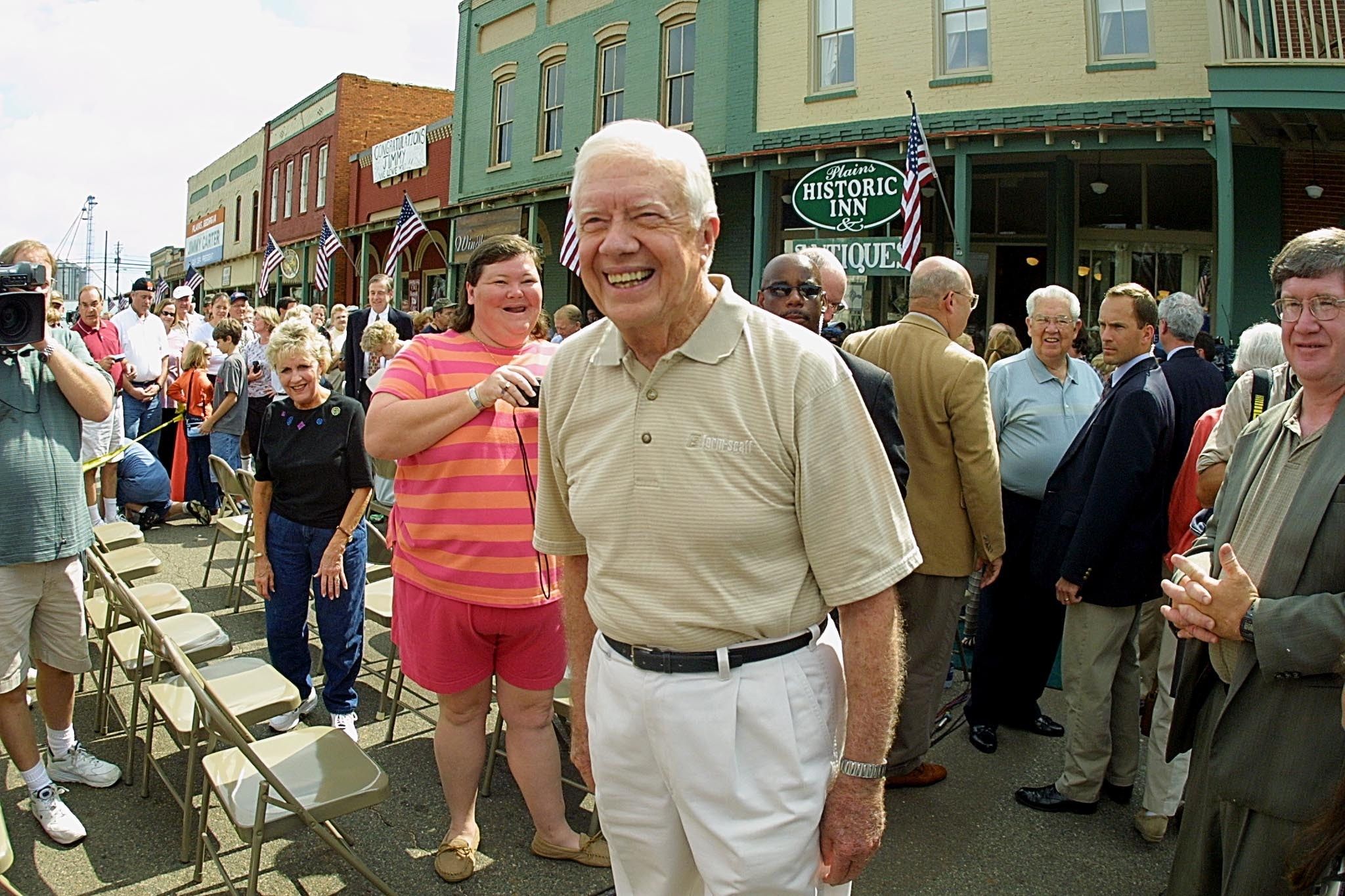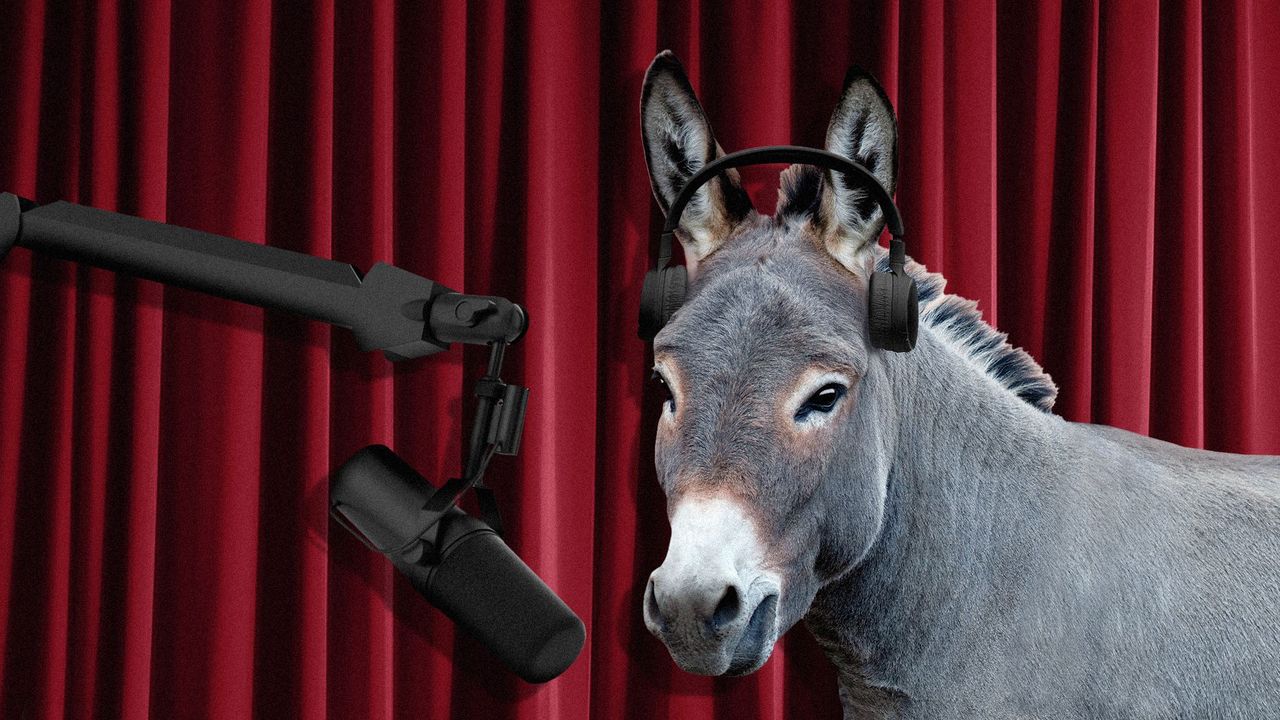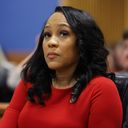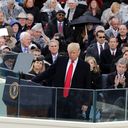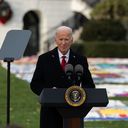Trump pardons ex-Proud Boys leader Tarrio and commutes sentence of Oath Keepers founder Rhodes
President Trump signed an executive order on Monday granting a "full, complete and unconditional pardon" to the vast majority of Jan. 6 defendants charged with participating in the Capitol riot four years ago.
Why it matters: Among the roughly 1,500 pardoned and 14 others whose sentences were commuted were leaders of the extremist groups Proud Boys and Oath Keepers who were convicted of the seditious conspiracy for their roles in the attack.
- Trump made pardoning Jan. 6 rioters a key campaign pledge, repeatedly extolling them as "patriots" and "hostages" of the justice system and claiming they'd been treated unfairly.
- It's a far cry from former President Biden's denouncement of the "violent insurrectionists" who threatened U.S. democracy in storming the Capitol.
Driving the news: Trump commuted the sentences of 14 defendants and issued pardons for all other "individuals convicted of offenses" connected to Jan. 6, according to the executive order.
- "These are the hostages, approximately 1,500 for a pardon, full pardon," Trump said from the Oval Office, as he signed a slew of other executive orders on his first night as president.
Zoom in: A lawyer for Henry "Enrique" Tarrio, who was sentenced to 22 years in prison after a jury found him guilty of seditious conspiracy over the deadly Capitol riot, confirmed to media that the former leader of the right-wing extremist Proud Boys group was among those pardoned by Trump.
- Among the rioters whose sentences Trump commuted was Stewart Rhodes, the founder of the far-right militia group Oath Keepers, to 18 years in prison after a jury found him guilty of seditious conspiracy.
Context: Seditious conspiracy is defined as when two or more people conspire to overthrow, destroy, seize the property of or levy war against the U.S. government, or to prevent the execution of any American law.
By the numbers: At least 1,583 people had been charged to date in connection with the insurrection, per Department of Justice data ahead of the Capitol riot's fourth anniversary.
- More than 1,000 defendants have pleaded guilty or been convicted at trial.
- The charges faced by the defendants have ranged from misdemeanors, like trespassing, to felony charges, like assaulting law enforcement officers or engaging in seditious conspiracy.
Zoom out: Pardoning insurrectionists convicted of crimes, including violent felonies, defies the GOP's image as the party of law and order. Future perpetrators of political violence could also expect to be met with clemency.
- Since 2021, multiple criminal and congressional investigations have sought to sift through the events of the attack and Trump's role in it.
- Trump was indicted in 2023 as part of special counsel Jack Smith's investigation into his alleged efforts to overturn the 2020 election. After Trump won the 2024 election, the case was dismissed.
State of play: During the campaign and transition period, Trump repeatedly promised to quickly pursue pardons for Jan. 6 rioters upon assuming the presidency.
- As recently as January, Trump vowed "major pardons" were coming for Jan. 6 defendants.
- In 2022, before he announced another run for office, Trump publicly promised pardons and said the defendants were being treated unfairly.
Over the years, he gave limited details about how broad the potential pardons would be.
- In an interview with NBC News' "Meet the Press" in December, Trump said there could be "some exceptions" for the pardons in cases where the defendant was "radical, crazy," but did not elaborate.
- He also told Time magazine he would determine the pardons on a "case-by-case" basis, but that the "vast majority" of defendants "should not be in jail."
What we're watching: In pardoning Jan. 6 defendants convicted of crimes, Trump is testing the limits of public opinion.
- A Washington Post-University of Maryland national poll released in December found that 66% of Americans opposed Trump's plan to issue pardons for the rioters.
Several federal judges had also opposed Trump's plan to issue pardons for the rioters.
- U.S. District Judge Carl Nichols, a Trump appointee who has handled Jan. 6 cases, said in November that "blanket pardons for all January 6 defendants or anything close would be beyond frustrating and disappointing."
- While sentencing a member of the Oath Keepers militia last month, U.S. District Judge Amit Mehta said that the prospect of the group's founder Stewart Rhodes receiving a pardon "is frightening and ought to be frightening to anyone who cares about democracy in this country."
Go deeper: Trump downplays Jan. 6: "You had a peaceful transfer of power"
Editor's note: This article has been updated with new details throughout.

